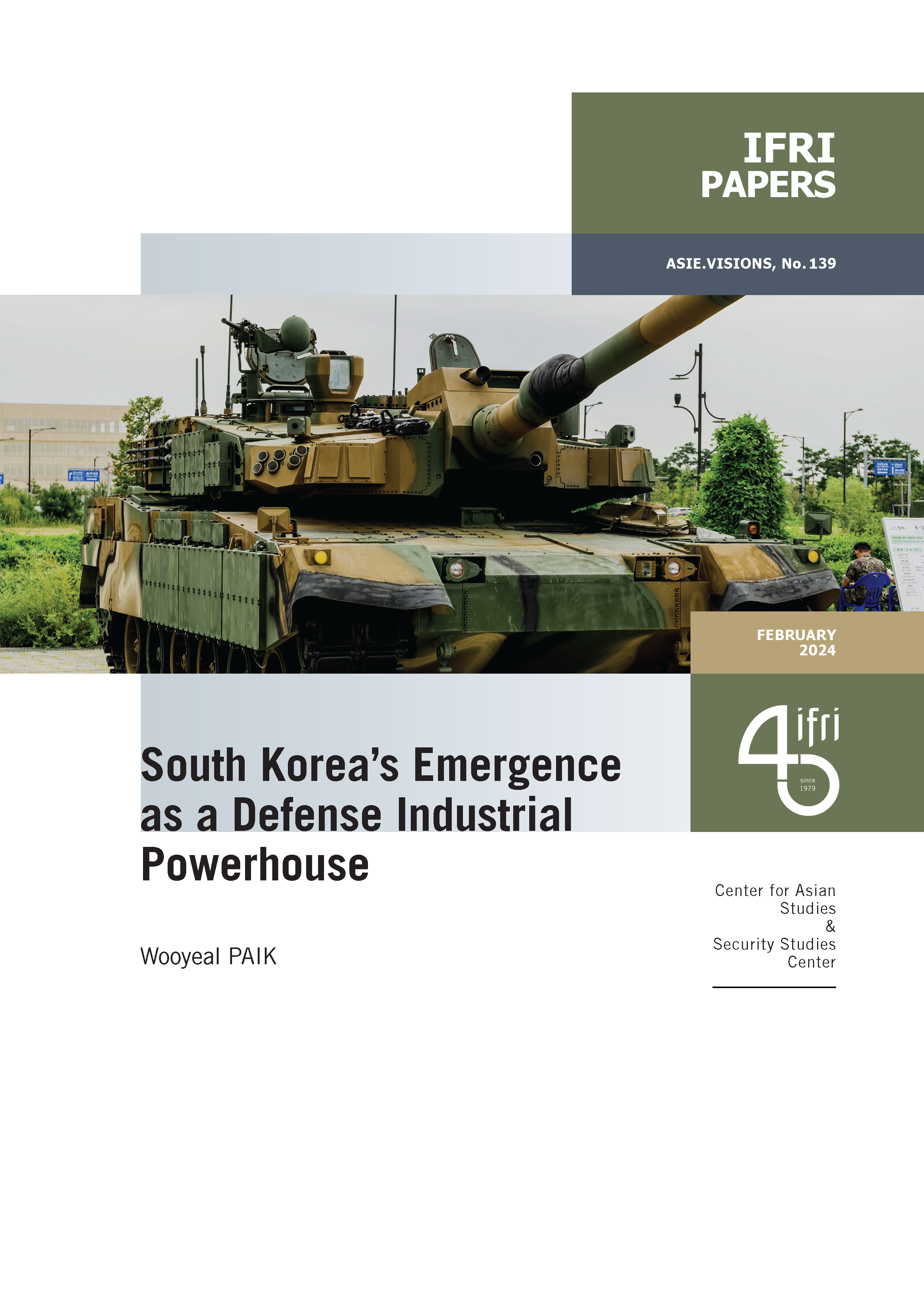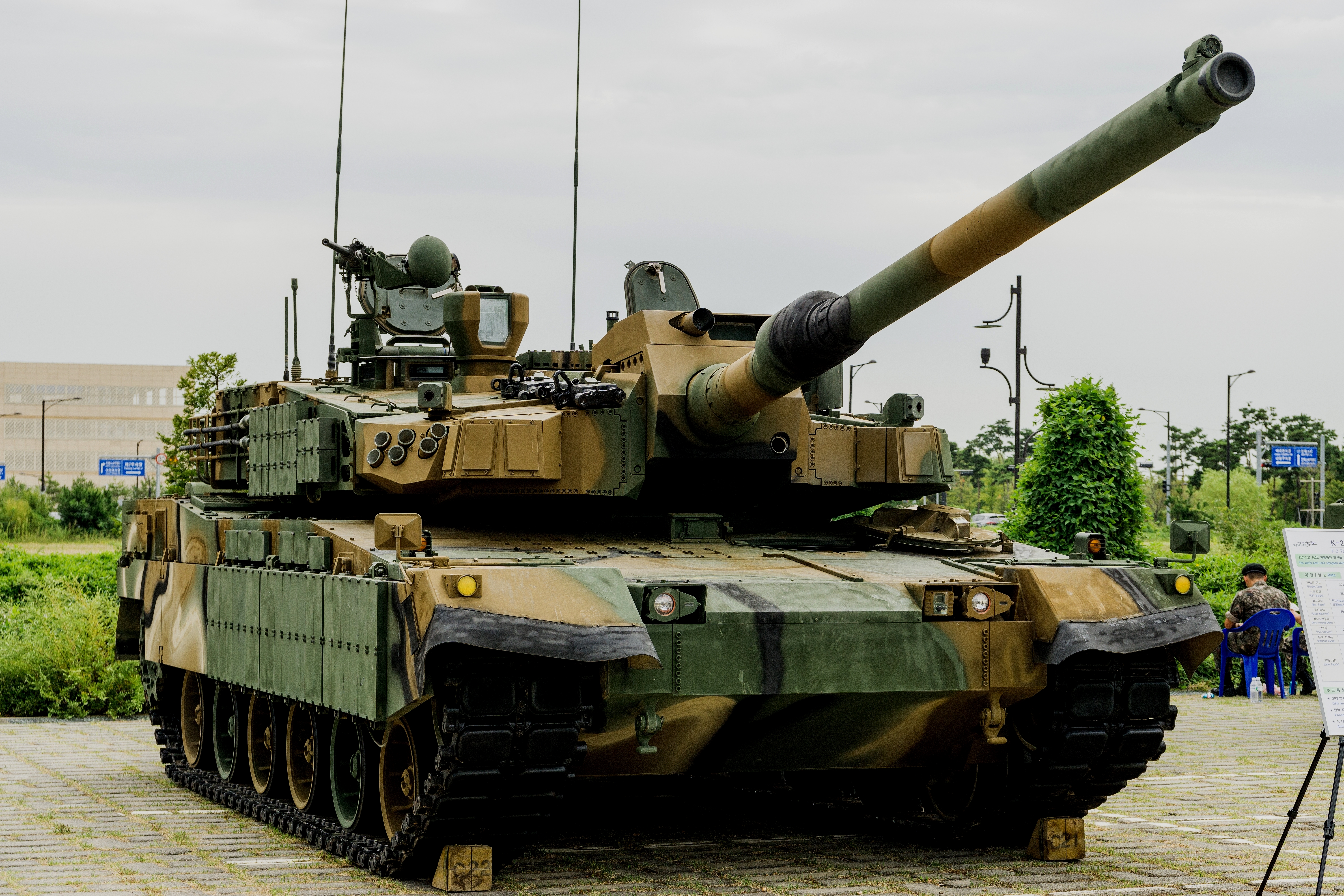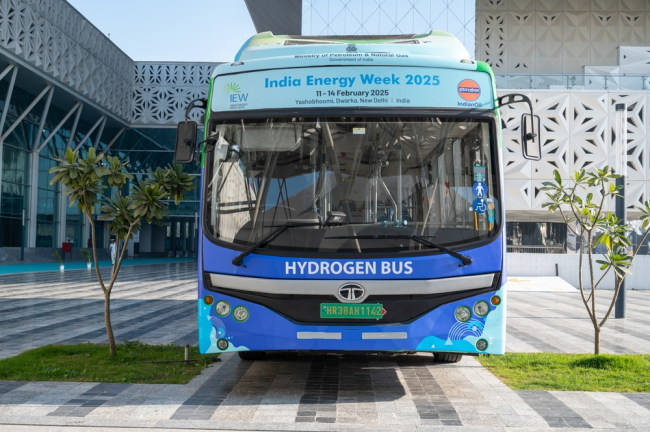South Korea’s Emergence as a Defense Industrial Powerhouse

In recent years, South Korea’s ascent in the global arms market has been remarkable. This surge, particularly amid a shifting geopolitical landscape and the ongoing Ukraine-Russia War, has captured the attention of security watchers worldwide.

This paper delves into the intricacies of the South Korean defense industry’s rapid emergence, wherein arms sales skyrocketed to 17.3 billion USD in 2022, and provides an in-depth analysis of its portfolio, capacity, and the rationales guiding its development over the last five decades. It explores how South Korea has capitalized on critical opportunities, including overcoming steep barriers to entry to major contracts with Central and Eastern European countries, especially Poland. It sheds light on South Korea’s competitive technologies, mass production capacity, and cost-effectiveness, and addresses the crucial role played by the government’s diplomatic support and coordination with key allies and partners. Against that backdrop, it concludes with some implications for the global defense industry and security architecture.
Download the full analysis
This page contains only a summary of our work. If you would like to have access to all the information from our research on the subject, you can download the full version in PDF format.
South Korea’s Emergence as a Defense Industrial Powerhouse
Related centers and programs
Discover our other research centers and programsFind out more
Discover all our analysesIndia’s Green Hydrogen Strategy in Action: Policy Actions, Market Insights, and Global Opportunities
India is poised to remain the world’s fastest-growing major economy, and this rapid growth is driving a sharp rise in energy demand. As the most populous country on the planet, India urgently needs to decarbonize its energy systems.

RAMSES 2024. A World to Be Remade
For its 42nd edition, RAMSES 2024 identifies three major challenges for 2024.

France and the Philippines should anchor their maritime partnership
With shared interests in promoting international law and sustainable development, France and the Philippines should strengthen their maritime cooperation in the Indo-Pacific. Through bilateral agreements, expanded joint exercises and the exchange of best practices, both nations can enhance maritime domain awareness, counter security threats and develop blue economy initiatives. This deeper collaboration would reinforce stability and environmental stewardship across the region.

The China-led AIIB, a geopolitical tool?
The establishment of the Asian Infrastructure Investment Bank (AIIB) in 2016, on a Chinese initiative, constituted an attempt to bridge the gap in infrastructure financing in Asia. However, it was also perceived in the West as a potential vehicle for China’s geostrategic agendas, fueling the suspicion that the institution might compete rather than align with existing multilateral development banks (MDBs) and impose its own standards.






